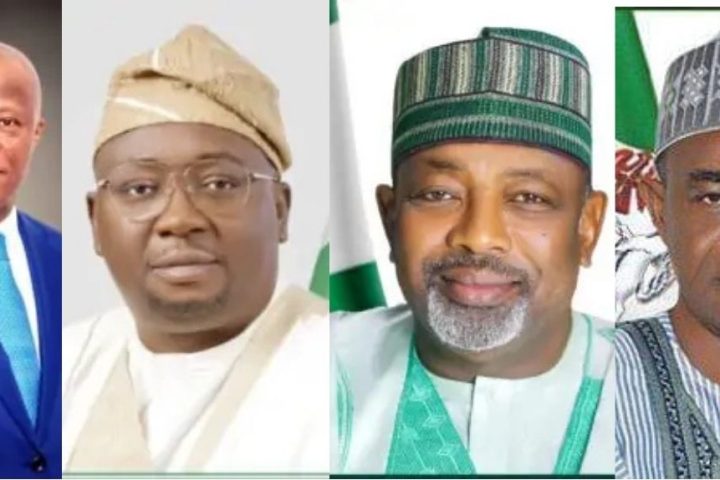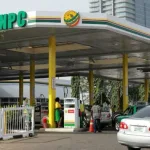NNPCL’s Ongoing Financial Strategies
The Nigerian National Petroleum Company Limited (NNPCL) is negotiating a new oil-backed loan to strengthen its finances and support its business activities, according to Mele Kyari, Group Chief Executive Officer of NNPCL.
The company aims to raise at least $2 billion through this loan, which would add to the $3.3 billion emergency crude oil repayment loan secured from the African Export-Import Bank in August 2023.
Join our WhatsApp ChannelDetails of the New Loan
Kyari explained that the new loan would be secured against 30,000-35,000 barrels per day of crude production. “We have no problem covering our petrol payments. This is just money for normal business and not a desperate act,” Kyari told Reuters.
He added, “It will be a syndication with critical but regular partners who have been in business with our company to forward the cash.”
Current Financial Situation
NNPCL’s financial situation has been challenging, exacerbated by rising fuel subsidy costs. Sources familiar with the situation indicated that the company’s debts to petrol suppliers have doubled to $6 billion in the past four months, although this was denied by NNPCL spokesperson Olufemi Soneye.
“False. Did they name the marketers they claim we supposedly owe? Let them name them,” Soneye responded to the claims.
READ ALSO: NNPCL Attributes Fuel Queues To Logistics Disruption, Weather Conditions
Impact of Subsidy Removal
The Nigerian government, led by President Bola Tinubu, has been pushing through significant reforms, including the removal of fuel subsidies and adjustments to the naira currency.
The removal of fuel subsidies has caused pump prices to triple, further straining NNPC’s financial resources.
Market Reactions
The fuel supply situation in Nigeria remains precarious, with ongoing fuel queues in Abuja, Lagos, and neighboring states.
Marketers attribute these shortages to the limited supply from NNPCL, the sole importer of Premium Motor Spirit (PMS) into Nigeria. Other dealers have ceased importing due to difficulties in accessing U.S. dollars.
Billy Gillis-Harry, President of the Petroleum Products Retail Outlets Owners Association of Nigeria (PETROAN), commented on the situation: “NNPCL has assured us that they are working hard to tackle the fuel supply issues.
So we are expecting products from them because, as you know, NNPC is still the sole importer of PMS into Nigeria, and that has been a challenge.”
Concerns and Recommendations
While acknowledging the need for additional funds, marketers have advised NNPC to be cautious with crude-backed loans.
“It is true that they need the funds to grow investments, but they must be sure that in the long run it would be of benefit and not detrimental to the oil sector,” Gillis-Harry noted.
Previous Loan Agreements
NNPCL previously secured a $3.3 billion loan from Afreximbank, which was intended to stabilise Nigeria’s exchange rate and support the Federal Government.
This loan involved prepaying future royalties and taxes to the Federal Government, using a conservative crude price benchmark of $65 per barrel to ensure financial stability.
Future Prospects
The Dangote refinery, expected to begin producing gasoline soon, could alleviate some pressure on Nigeria’s fuel supply.
However, the refinery’s loans and crude oil feedstock costs in U.S. dollars mean it may be reluctant to sell at a loss within Nigeria or wait months for payments from NNPCL.
As NNPCL continues to navigate its financial challenges, the proposed $2 billion loan outcome will be crucial in determining the company’s ability to sustain its business activities and support Nigeria’s oil sector.
Emmanuel Ochayi is a journalist. He is a graduate of the University of Lagos, School of first choice and the nations pride. Emmanuel is keen on exploring writing angles in different areas, including Business, climate change, politics, Education, and others.
- Emmanuel Ochayihttps://www.primebusiness.africa/author/ochayi/
- Emmanuel Ochayihttps://www.primebusiness.africa/author/ochayi/
- Emmanuel Ochayihttps://www.primebusiness.africa/author/ochayi/
- Emmanuel Ochayihttps://www.primebusiness.africa/author/ochayi/


















Follow Us